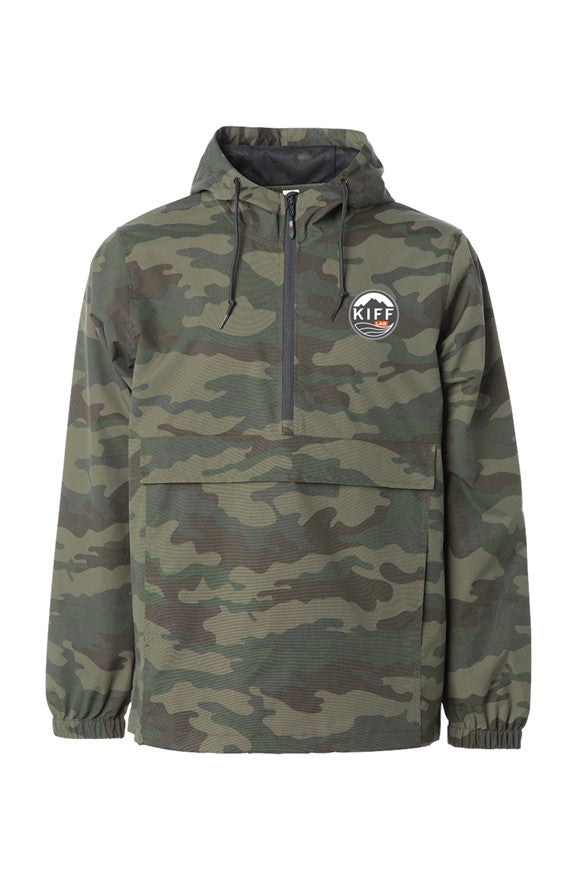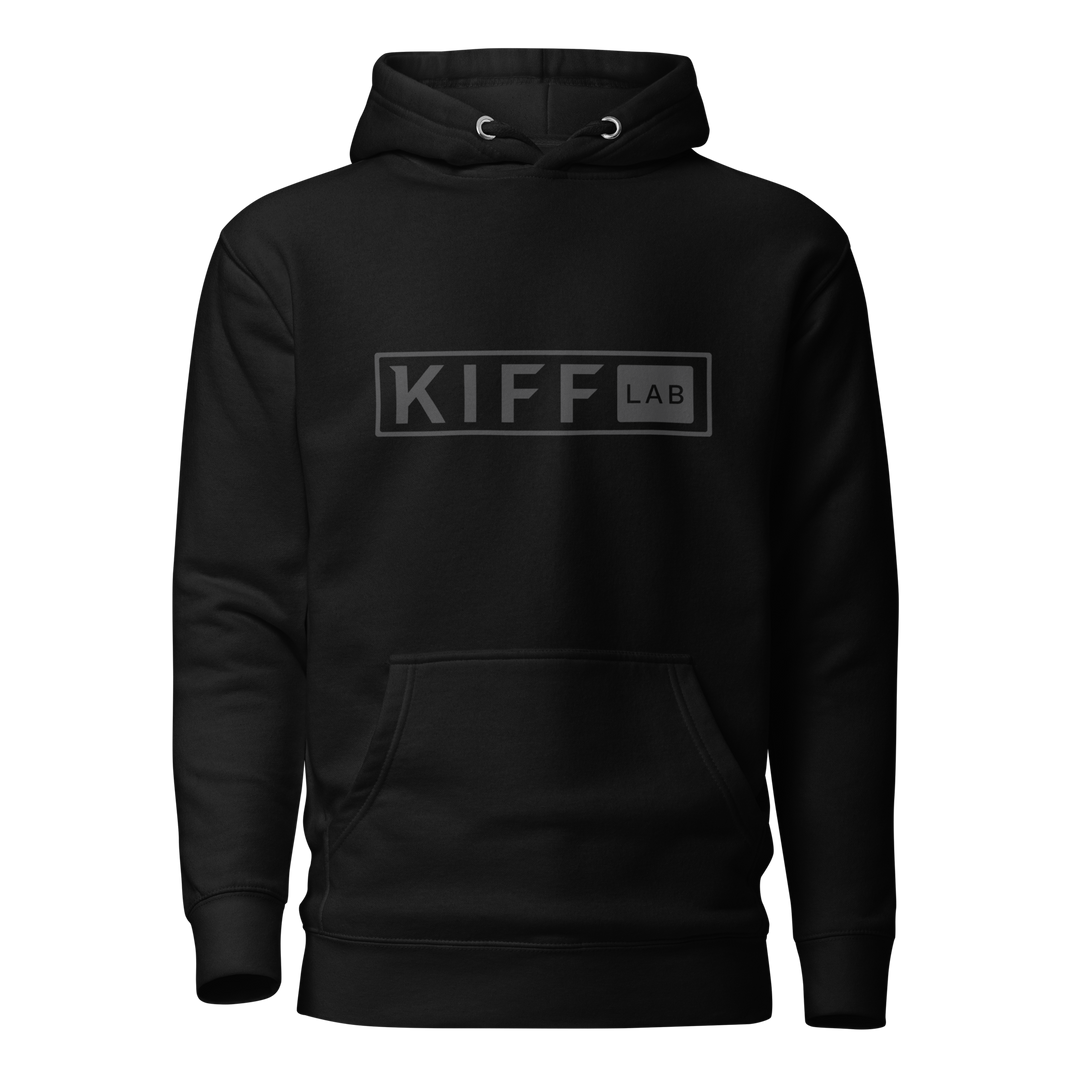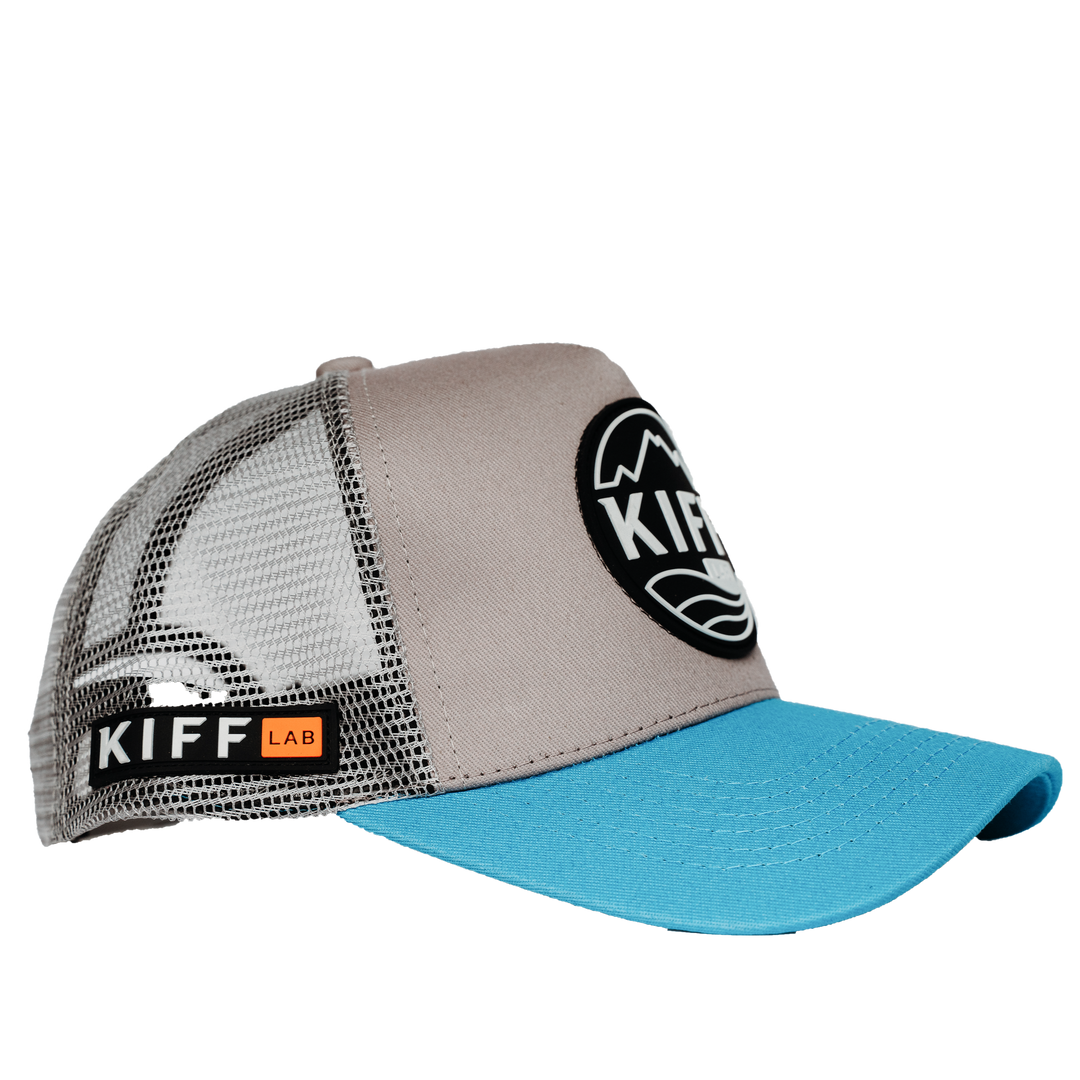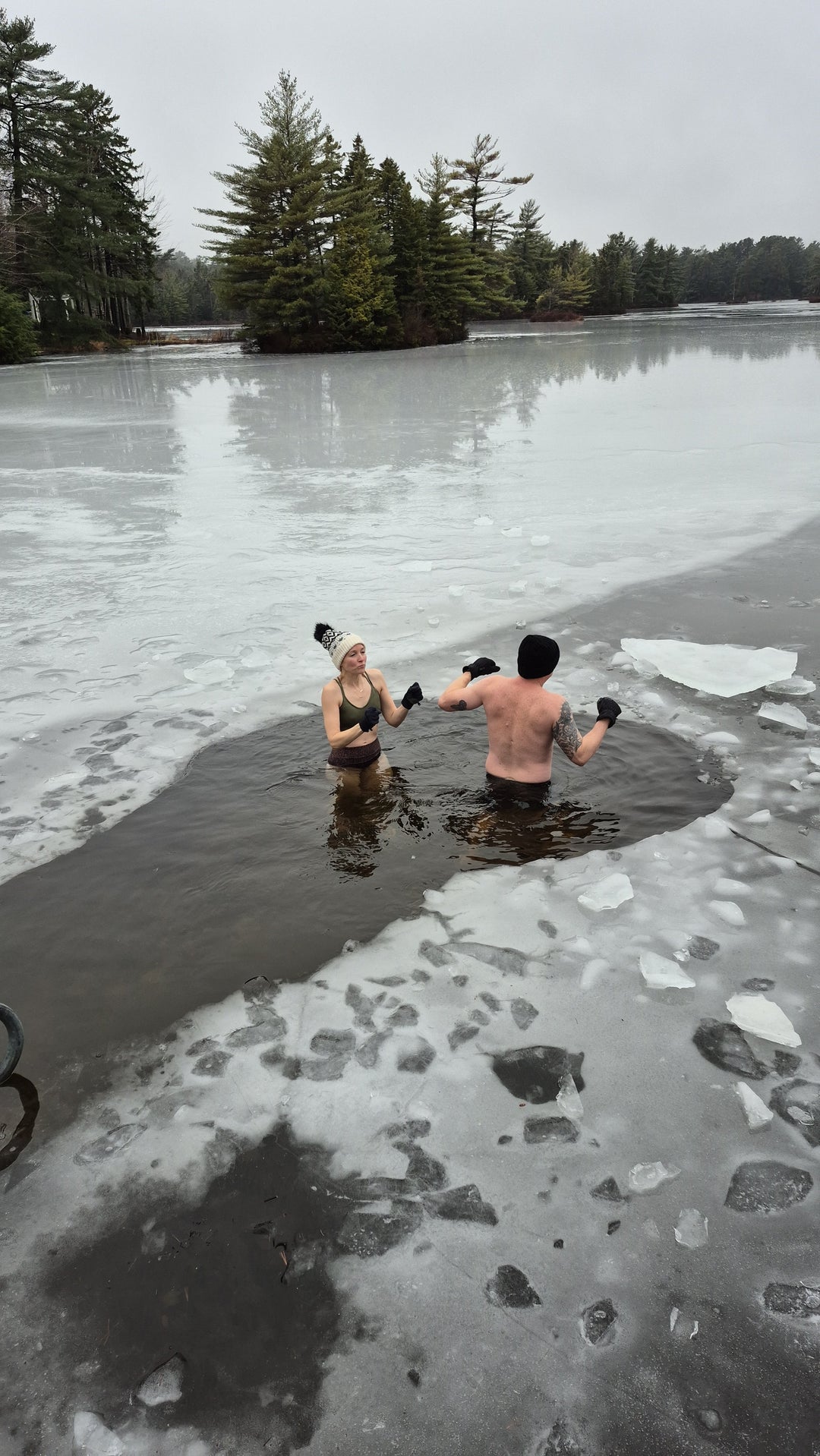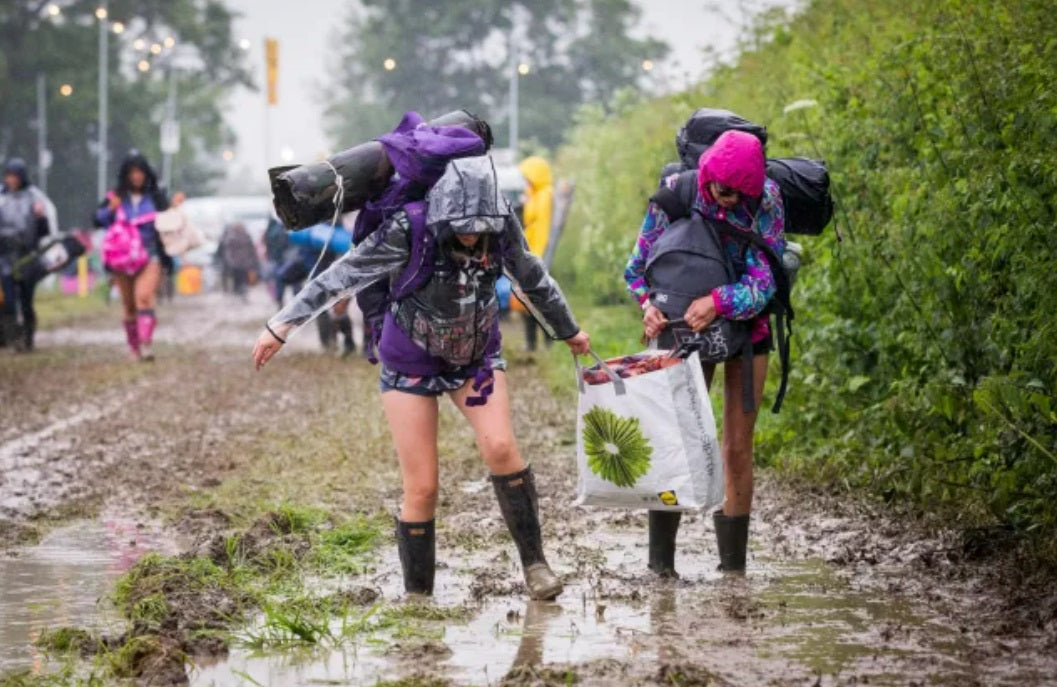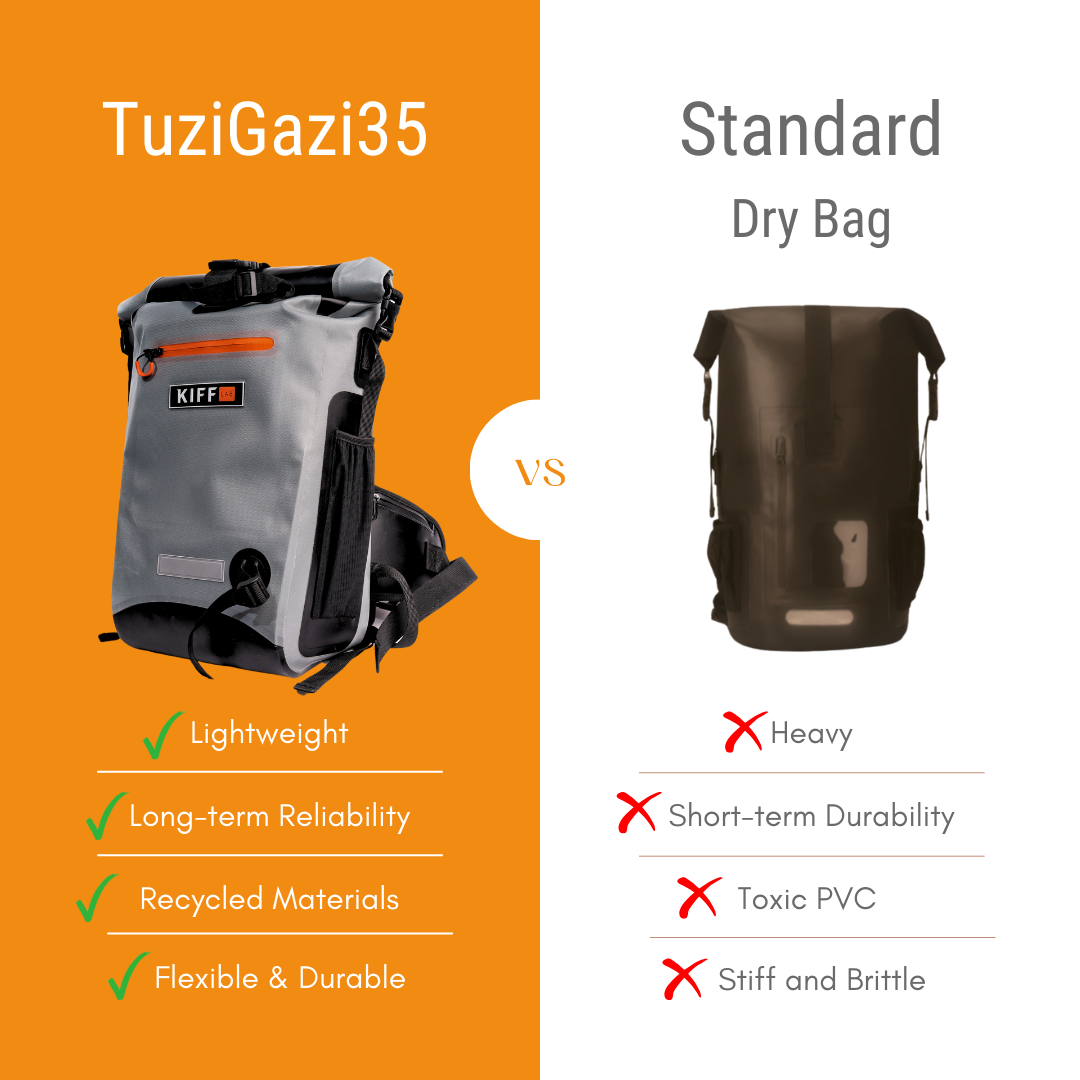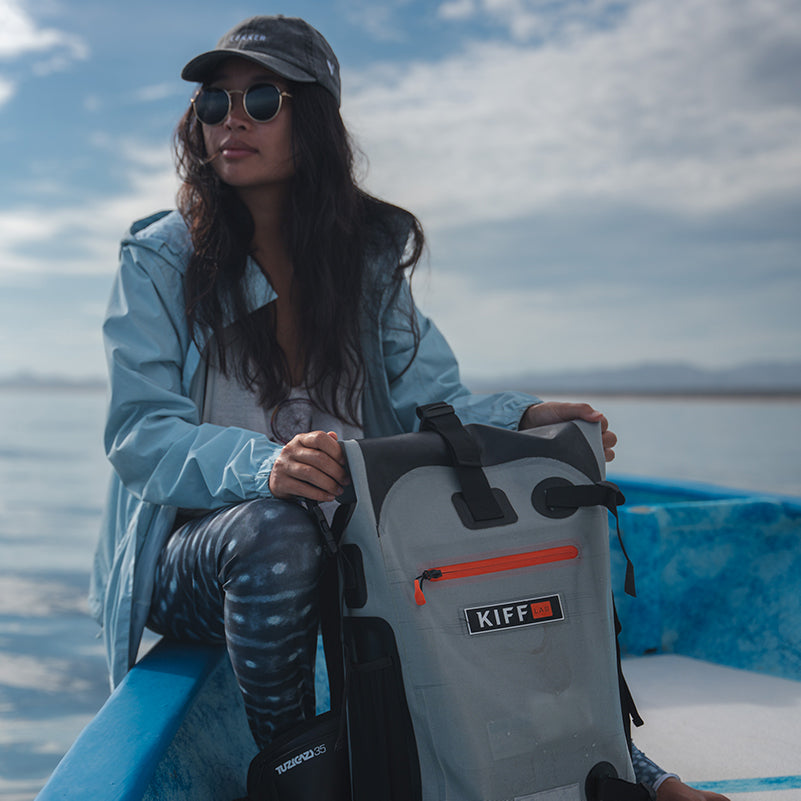The risks of wearing wet clothing in cold temperatures
Cold weather can bring about a variety of health risks, and wearing wet clothing in cold temperatures is a particularly dangerous scenario. From hypothermia and frostbite to chilblains and immune system suppression, it is important to understand the science behind these risks and how to stay safe in cold weather.
Hypothermia
Hypothermia occurs when the body loses heat faster than it can produce it, causing a dangerously low body temperature. The normal body temperature is around 37°C (98.6°F), and hypothermia is defined as a body temperature below 35°C (95°F). When the body is exposed to cold temperatures, it tries to conserve heat by constricting blood vessels and reducing blood flow to the skin. If the body becomes too cold, it can no longer produce enough heat to maintain a normal body temperature, and hypothermia sets in.
Wearing wet clothing in cold temperatures significantly increases the risk of hypothermia, as wet clothing rapidly removes heat from the body. The water in wet clothing quickly evaporates, taking heat away from the body and reducing the body's ability to maintain a normal temperature. Additionally, wet clothing can make the body feel much colder, leading to decreased blood flow and increased risk of hypothermia.
Frostbite
Frostbite is a condition in which the skin and underlying tissues freeze due to exposure to cold temperatures. The most common areas affected by frostbite are the fingers, toes, ears, and nose. When the skin and tissues freeze, they can become damaged and even die, leading to permanent tissue damage and loss of function.
Wearing wet clothing in cold weather increases the risk of frostbite, as wet clothing can rapidly remove heat from the skin, causing it to freeze. Additionally, wet clothing can make the skin feel much colder, leading to decreased blood flow and increased risk of frostbite.
Chilblains
Chilblains are itchy, painful sores that can develop on the skin in response to repeated exposure to cold, damp conditions. Chilblains are caused by the constriction of small blood vessels in response to cold temperatures, leading to decreased blood flow and oxygenation of the skin. Over time, this can cause damage to the skin and underlying tissues, leading to the development of chilblains.
Wearing wet clothing in cold weather increases the risk of chilblains, as the damp conditions can increase the constriction of blood vessels and lead to decreased blood flow and oxygenation of the skin.
Immune System Suppression
Cold temperatures can suppress the immune system, making the body more vulnerable to infections and illnesses. This occurs because the body's energy is redirected away from the immune system and towards maintaining a normal body temperature. When the body is exposed to cold temperatures, it tries to conserve heat by constricting blood vessels and reducing blood flow to the skin, which can decrease the effectiveness of the immune system.
Wearing wet clothing in cold weather can further weaken the immune system, as the body is working harder to stay warm and conserve heat. Additionally, the wet conditions can increase the risk of infection and illness, as damp conditions can promote the growth of bacteria and other pathogens.
Conclusion
Wearing wet clothing in cold temperatures can lead to a variety of health risks, including hypothermia, frostbite, chilblains, and immune system suppression. To stay safe in cold weather, it is important to keep clothing dry and to change into dry clothing as soon as possible.
Using Kiff Lab's waterproof packs will keep your gear dry in all types of wet environments.
Features include :
Heavy duty protection from water, dust, sand and dirt
Flaots when closed with air pocket
840D eco-friendly and lightweight TPU material
IPX6 water resistant rating
Water Resistant front zip pocket
2way roll down top closing system
Secure top clip and tightening strap
High frequency welded seams ensure complete waterproofness
High threshold for heat and cold protection
Very easy to clean material





